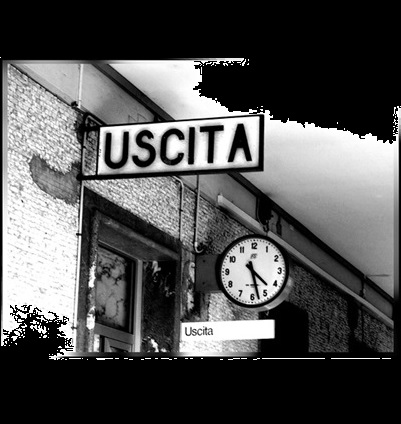Economia e relazioni. La difficile uscita dalla logica dell’homo oeconomicus
DOI:
https://doi.org/10.13135/2038-6788/8972Parole chiave:
Economia civile, Filosofia ed economia, Homo oeconomicus, Individualismo, Interesse, Legame, MAUSS, Neoliberismo, Philosophy Politics and Economics, Razionalità strumentale, Realismo, Relazioni, Riduzionismo, Società, UtilitarismoAbstract
The model of the homo oeconomicus as a social agent whose only goal is the maximization of individual profit has been criticized for two decades at least. Yet, the wide debate on the crisis of such a model has not affected its popularity at the level of generalized sensibility. Therefore, understanding the reasons for such a success and asking whether the critiques truly hit the mark become important. After a brief excursus of the history of the concept, the essay investigates three cases of such critiques: B. S. Frey’s proposal of the homo oeconomicus maturus, the critique coming from the rediscovery of civil economics as proposed by S. Zamagni and L. Bruni, and the general anthropological rethinking caused by the theme of the gift. Through this path, the author argues for a specific thesis, namely, that in order to move “beyond” the homo oeconomicus implementing its model is not enough; rather, one needs to reformulate the anthropological vision that supports it.



